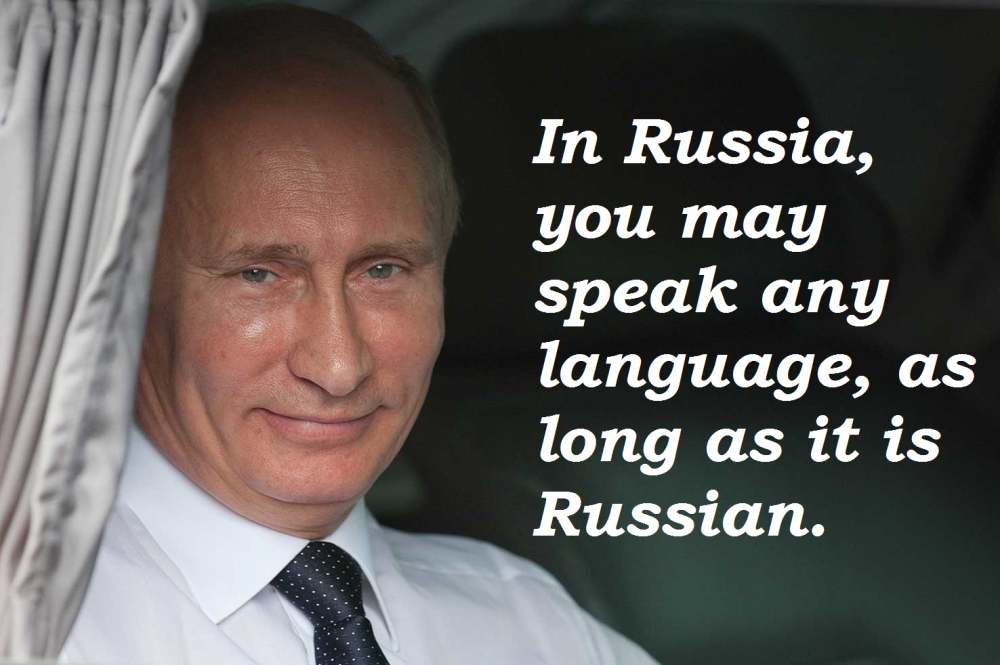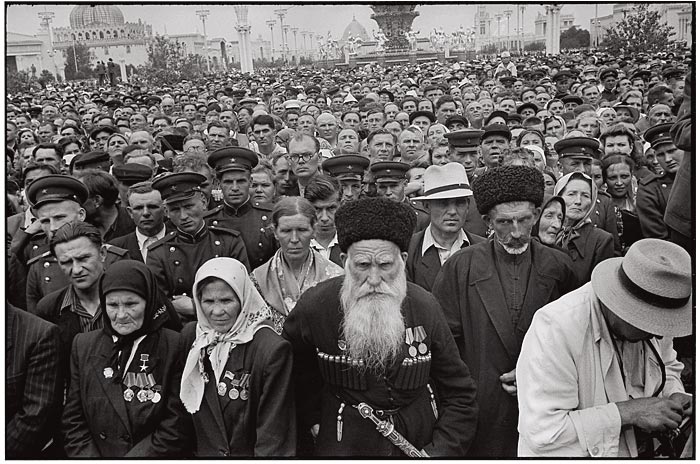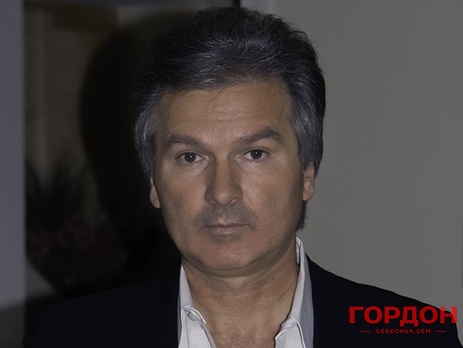The reduction in the role of non-Russian languages in Russia and their being driven out of many public spaces even in their homelands is “no accident and no indication that a multi-lingual society cannot be built but rather evidence of the existence of an intentional state policy for building a Russian nation state,” according to Chuvash activist Pochash Chupin.
Thus, he says, it should come as no surprise to anyone that “the leadership of the Russian Federation is so attracted to the pre-revolutionary period” when so much of what it is doing now was first practiced, when “there was the Russification of Poland and Finland. Now exactly the same situation exists in the non-Russian regions of the Russian Federation.”
The Chuvash writer offers this conclusion at the end of a long article in which he discusses the state of “bilingualism” in the Russian Federation. According to him, there is no true bilingualism among non-Russians now because the state-promoted status of Russian is so high that at best there is a situation in which people use “one and a half languages.”
“The absolute domination of the Russian language in all upper reaches of society” is obvious, he points out. At the federal level, the system exists “exclusively in Russian,” and even in the non-Russian republics thanks to the educational system and government policy, “Russian rules” as well.
The future of non-Russian languages in the Russian Federation, despite the official recognition of 40 of them and a Constitutional declaration that they are to enjoy equal rights, is thus very bleak indeed.






